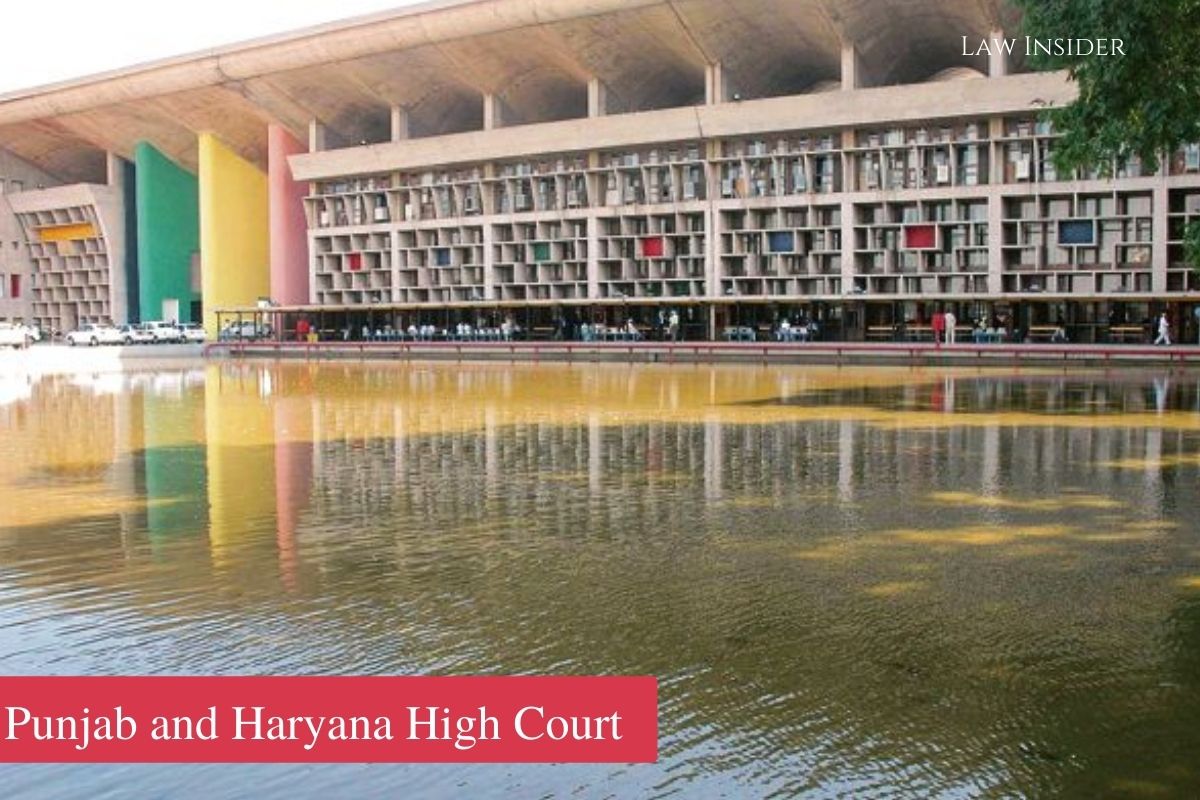LI Network
Published on: December 28, 2023 at 11:50 IST
In a recent ruling, the Punjab & Haryana High Court clarified that the police lack the authority to search or seize alleged illegal products in violation of the Drugs and Cosmetics Act.
The power to seize such items rests solely with the Drugs Inspector appointed under the Act, as specified in Section 22 of The Drugs and Cosmetics Act, 1940.
The case in question involved the petitioner facing charges under the Drugs and Cosmetics Act for allegedly offering to sell Remdesivir injections at a price exceeding the regulated rate, without possessing the required license.
The police, after raiding the premises, confiscated the alleged injections, leading to the registration of an FIR against the petitioner, who was the director of the company manufacturing the injections, along with other co-accused.
Justice Manjari Nehru Kaul, while quashing the FIR and referring to Section 22 of the Drugs and Cosmetics Act, emphasized, “it is evident that the police had no authority to inspect the premises and confiscate the injections as had been done in the present case.
The Drugs and Cosmetics Act, being a special enactment, supersedes the Cr.P.C. and Essential Commodities Act, thereby precluding the police from taking refuge under the Cr.P.C. or Essential Commodities Act to usurp the authority of a Drugs Inspector.”
The Court further noted that any search and seizure not conducted in accordance with the law, as seen in the present case, would hold no weight during trial for convicting the accused based on such evidence. Due to the defective recovery process, there is no possibility of imposing a penalty under Section 7 of the Essential Commodities Act.
These observations were made during the hearing of a plea by Gaurav Chawla, Director of M/s Health Biotech Limited, seeking to quash the FIR lodged under Sections 420 and 120-B of the IPC, Section 7 of the Essential Commodities Act, and Section 27 of The Drugs and Cosmetics Act at Chandigarh.
The Court considered the submissions, acknowledging that for the offense under Section 420 of the IPC, which addresses cheating by inducing someone through false claims, the essential elements require a deliberate false representation, knowledge of its falsehood by the accused, and an intent to deceive. Dishonest intent is pivotal, and transactions must involve fraudulent intentions.
The Court found that the petitioner, along with other co-accused, allegedly offered to sell injections at prices exceeding the regulated rate, without the requisite license, attempting to deceive and earn a significant profit. However, the court emphasized that the essential elements to attract the offense under Section 420 of the IPC were evidently absent.
Addressing the question of whether the police had the power to seize the injections and investigate offenses under Chapter IV of The Drugs and Cosmetics Act, read with Section 7 of the Essential Commodities Act, the court referred to Section 22, “Powers of Inspectors,” of the Drugs and Cosmetics Act.
The Court concluded that the police had no authority to inspect the premises or confiscate the injections.
The Court relied on the precedent set by the Union of India v. Ashok Kumar Sharma and others, which held that a police officer cannot register an FIR or investigate offenses under Chapter IV of the Drugs and Cosmetics Act.
Therefore, the Court opined that the police had no power to investigate offenses under Section 27 of The Drugs and Cosmetics Act, and the FIR could not have been registered under those provisions.
In conclusion, the Court quashed the FIR, affirming the principle that the Drugs Inspector holds the exclusive power to conduct searches and seizures under the Drugs and Cosmetics Act.
Case Title: Gaurav Chawla v. State of U.T. Chandigarh

